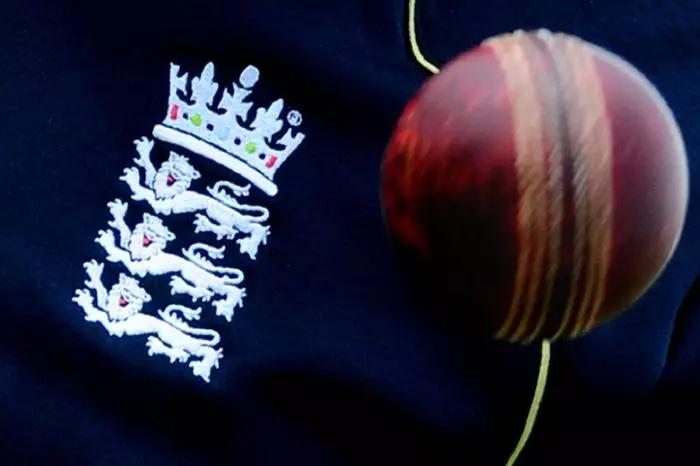Five key findings from the Independent Commission for Equity in Cricket report

After a two-and-a-half-year process, the Independent Commission for Equity in Cricket released a damning report on the state of the game in England.
The report from the Independent Commission for Equity in Cricket was published on Tuesday, highlighting continued and deep-rooted problems around racism, sexism and elitism in the sport in England and Wales.
Here, we list the key findings.
Racism
The report found racism was still "entrenched" in the game, with discrimination and disparities attributed to the game's structures.
Whilst 50 per cent of the more than 4,000 individual respondents described experiencing discrimination in the previous five years, the figures were substantially higher for people from ethnically diverse communities: 87 per cent of people with Pakistani and Bangladeshi heritage, 82 per cent of people with Indian heritage and 75 per cent of all Black respondents.
Despite this high prevalence, three-quarters of those who experienced racism and wider discrimination did not report it to cricketing authorities.
Treatment of women
Women are "subordinate" to men within cricket, the report found and treated as "second-class citizens" within the game, find themselves marginalised and routinely experience sexism and misogyny.
The report said it had received "credible evidence" that the average salary for England Women is 20.6 per cent of the average salary for England Men for playing white-ball cricket.
The report recommended equal pay on average at domestic level by 2029 and at international level by 2030.
Class barriers to access
Private schools dominate the pathway into cricket, and little to no action has been taken to address class barriers within the sport.
There is scarce provision of cricket in state schools and people from lower socio-economic groups face "substantial cost barriers" to participating in the sport.
Complaints and whistleblowing
The complaints system is confusing, overly defensive and unfit for purpose. It found profound mistrust from, and a lack of support for, victims and those accused of discrimination.
EDI standards and regulation
There is confusion around how the regulatory system works on equity, diversity and inclusion (EDI).
The report calls for a regulator independent of the ECB to be set up, highlighting that the ECB's dual role as promoter and regulator creates the potential for conflicts of interest.


